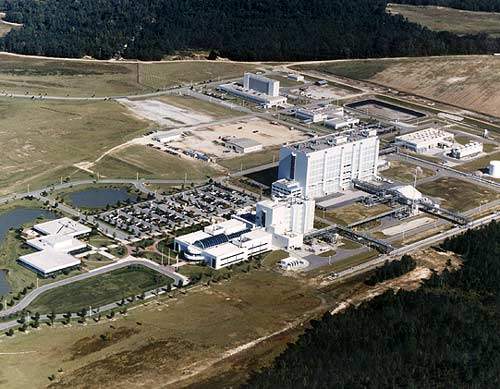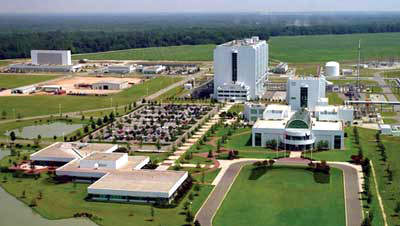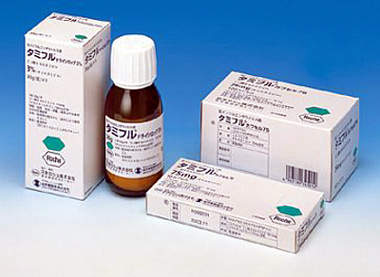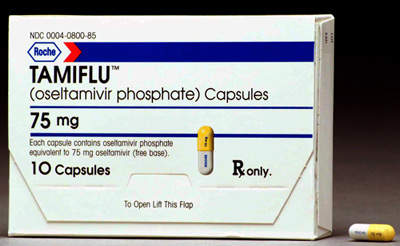Roche Carolina is the highly successful US subsidiary of pharmaceutical giant Hoffmann La Roche. Roche has operated a process development and bulk active ingredient manufacturing facility in Florence, South Carolina since 1995, when 20 employees relocated from the former Roche US headquarters in Nutley, New Jersey. The company’s headquarters are currently in south San Francisco.
The plant was expanded in 1998 and again in 2007, the latter costing more than $60m. The project involved the installation of a multipurpose production unit in an existing manufacturing building.
Construction began in summer 2007 and was completed by the end of 2008. Operations began after a formal dedication ceremony in May 2009.
The expansion created 25–30 process operator positions at the plant, which employs around 70 chemists and technicians. Roche Carolina was able to obtain funding from the city of Florence, as well as the state, in terms of tax credits for investments and technical training programmes.
Boosting Tamiflu production
Tamiflu has been one of the mainstay drugs in the treatment of the 2009 H1N1 swine flu outbreak. Roche received major orders from governments in all corners for the world, and the company has, consequently, been increasing its manufacturing capacity to meet demand.
the plant.”
One of the triggers for this major increase in production was caused by countries following the World Health Organization’s recommendation to stockpile antiviral medicines such as Tamiflu.
Roche Pharma posted sales of CHF 38,996m in 2009. In the same year, Roche Diagnostics posted sales of CHF10,055m.
Construction and contractors
The company awarded the contract for general construction to McCrory Construction. PEARSON Management provided construction management services. The expansion project increased the number of production units at the facility from three to four, operating alongside Roche Carolina’s development laboratories, and provided a significant increase in manufacturing capacity. The unit can already handle multi-step organic synthesis from small demonstration lots to metric ton commercial-scale production.
When the first plant was constructed on the site in 1995, the roofing was carried out by Fort Roofing & Sheet Metal Works and the building had architectural glass features incorporated in its design by Frank Close architectural stained glass. F&ME Consultants were appointed to advise on geotechnical and environmental issues. Gregory Electric undertook the electrical fitting out of the plant.
Production
The Roche Carolina facility manufactures the active ingredients for cancer treatment Xeloda (capecitabine), hepatitis treatment Pegasys (peginterferon alfa-2a) and weight-loss drug Xenical (orlistat), in addition to that of Tamiflu. Roche also makes these active ingredients at four other sites around the world, but the Florence facility was selected because of a robust infrastructure already in place.
According to the company, the building, the utilities and the heating and cooling transfer system were purposely oversized when the first plant was constructed. This made expansion a much easier. Roche had only developed about 200 acres of the 1,400 acre Florence campus and so there was ample room for expansion.
In addition, the first plant at Florence had highly automated manufacturing operations that were designed with a high level of flexibility in mind. This allowed the company to switch to manufacturing new chemicals with no major capital investments and to integrate new expansions into the existing operation.
Roche Carolina focuses on process development for its Swiss parent company, as well as the supply of clinical trial materials. It has contributed to the development of manufacturing protocols for a number of Roche’s leading brands.








